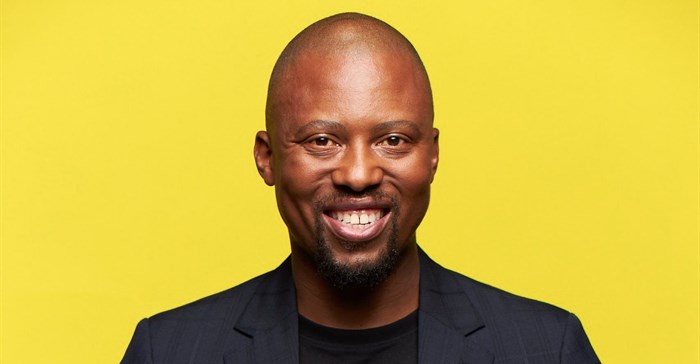The advertising industry changes at a speed that can be difficult to keep up with.

Image supplied: Avatar Agency CEO Mzamo Xala
As such, we spoke with Avatar Agency Group CEO, Mzamo Xala, to find out more about how it has changed over the past decade.
How does South Africa measure up to the rest of the world? And what changes can we likely expect in the coming years? These are the kinds of questions Xala helped us answer…
Tell us more about your role - what does your day-to-day look like?
As group CEO at Avatar, I lead the broader team in achieving our mission of liberating Africa’s potential through ideas that move people. We do that by having world-class people and creating world-class work for world-class clients.
No day is ever the same, but my day often consists of consultations with various business leads and partners to ensure that we do optimal work for maximum impact on our clients and society.
How, in your opinion, has the advertising industry evolved in the past 10 years?
The marketing and advertising world moves at the speed of light.
To succeed in the fast-paced marketing world — and maintain a sense of relevance with your audience — it's vital to stay ahead of them.
The advent of Web3 changes the game. Web1 was the introduction of the Internet, where users could 'see' the revolution of communication, and Web2 allowed users to experience and interact with the revolution. Now, we have Web3, in which we will be allowed to immerse ourselves in the experience, and for the very first time, users will be able to own the revolution.
What creative trends do you foresee being dominant in the next 10 years?
Artificial Intelligence will play a much larger role
The future of advertising is AI-powered in 2023. Its use and effectiveness will improve with machine learning, meaning personalised ads for every consumer on the planet. AI will play a bigger role in how brands reach out and understand what consumers want and need from them—all while knowing that each person has different preferences for products or services based on their age, group, gender, lifestyle, etc.
Proximity marketing will be a priority
I think there will be more emphasis on personalised marketing. More specifically, proximity marketing will be a priority. This type of marketing focuses on marketing to the right person at the right time using personalised, relevant content and geo-positioning technologies in combination with Bluetooth or near-field communication, geofencing SMS or proximity identifiers.
This type of marketing strategy is also ideal for brands that understand their consumers and their buying behaviour well. That way, they will know exactly what content can catch the attention of specific customers. Also, important to note that marketers will need to ask users for permission in advance.
More relevant content
As users increasingly consume more digital media, successful businesses in 2023 will need to produce more of their own content to compete and manage their advertising budgets. By sharing blog posts, videos, photos and more, brands will be able to better optimise their marketing budgets to grow and scale.
How, in your opinion, does the South African industry measure up globally? How can it improve, if not very well?
What I can tell you is that our creative prowess as an industry is being recognised globally. This was our experience when Tecno appointed us as their global agency in 2021. We were up against networked agencies in Asia and Europe.
This is also demonstrated by the numerous global awards received by South African creatives.
What do you hope to see change in the coming years?
Nowadays, there's so much emphasis on creating content that will fit the consumer's lifestyle rather than on how to persuade them to buy your product. Not to mention, the average consumer wants to know exactly who they're buying from and where their money is going.
Consumers are more likely to buy from a brand that "aligns with their values" rather than a strong, well-recognised brand. Advertising will require more meaningful, socially relevant and trendy content, which means that your company could quickly fall behind the curve if you're not agile.














































